Review
In its place: Utrecht’s living feast of Early Music
A personal report by Lindsay Kemp
Share this

BY LINDSAY KEMP | FIRST PUBLISHED 19 OCT 2025
Most good festivals become inextricably linked in the mind not just with their location, but also their time of year. One might say that is the business of a festival. Think of Aldeburgh and the aching Brittenesque beauty and luminous evenings of Suffolk in early summer; of Brecon Baroque amid the rugged autumn colours of mid-Wales; or the way the Brighton Early Music Festival hunkers down amid the blustery salt-spray ambience of its home-town as the nights draw in.
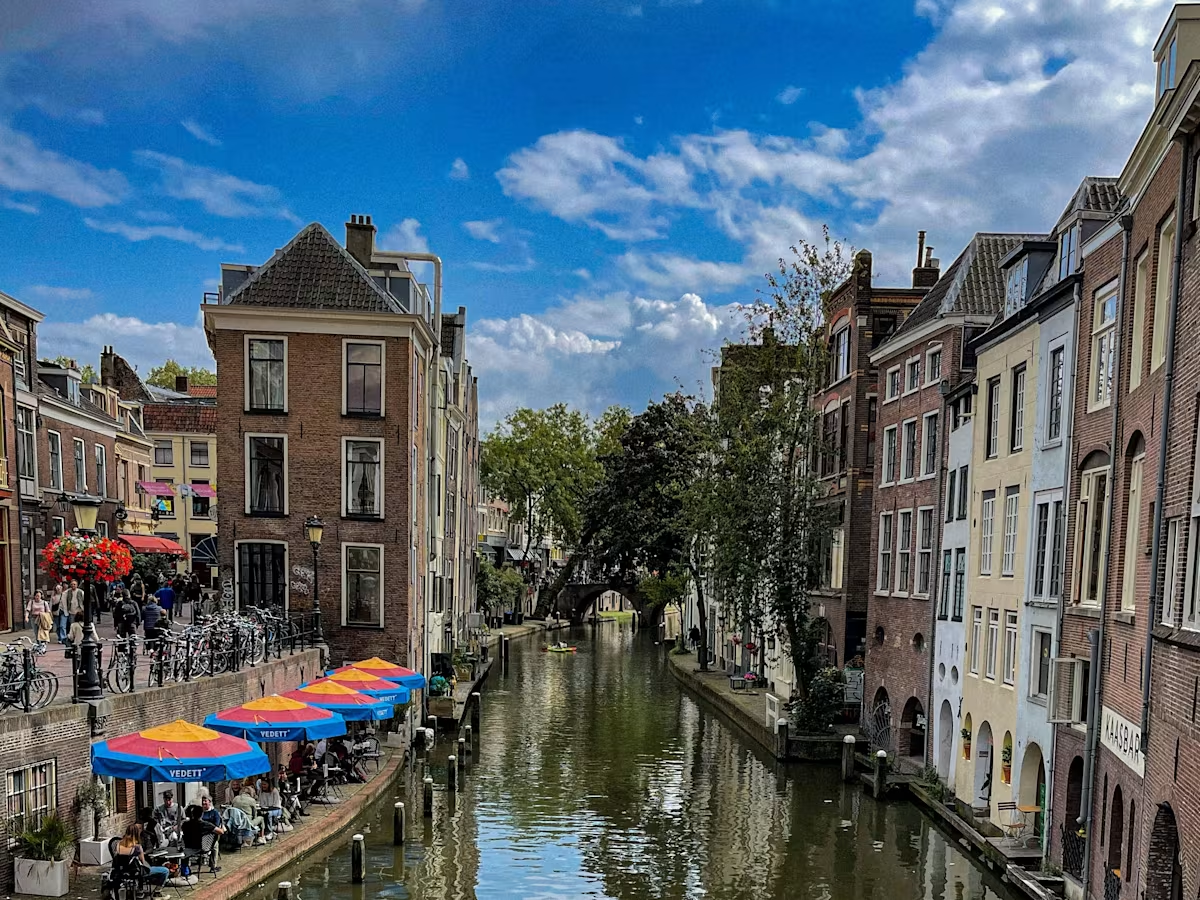
For the Utrecht Early Music Festival, it is the self-assured elegance of an old Dutch city, the whirr and rattle of innumerable bicycles, tall city churches, quiet squarelets, bookshops, fleeting whiffs of cannabis, beers by the canal, all contributing to the ineffable but persistent feeling that, as August slides into September, summer is on the turn. Now in its 34th year, the festival was founded in an age when ‘Early Music’ had not yet fully emerged from being a specialist area of music-making enacted by groups of strange folk who seemed almost a cult, like hippies or something – one, furthermore, that appeared to come more naturally to the open-minded Dutch than anyone else. For those with a love of Early Music (or as we prefer to call it these days, ‘historical performance’), Utrecht brings a feeling of belonging.
It advertises as the world’s largest Early Music festival, a claim which, though hard to prove, is easy to believe. Surely there can be few with as many concerts – this year over 80 in ten days, which is so many that some of them have to run simultaneously, leaving concert-goers with agonising choices to make. Difficult decisions forced on me in the three days I was there included Vox Luminis or Huelgas Ensemble, Jean Rondeau or Ensemble Masques, L’Apothéose or Philippe Jaroussky. And that’s before you try to take in the free Fringe, the daily lectures and Q&A sessions, the Young Artists competition, the street concerts in a truck, and the instrument fair.
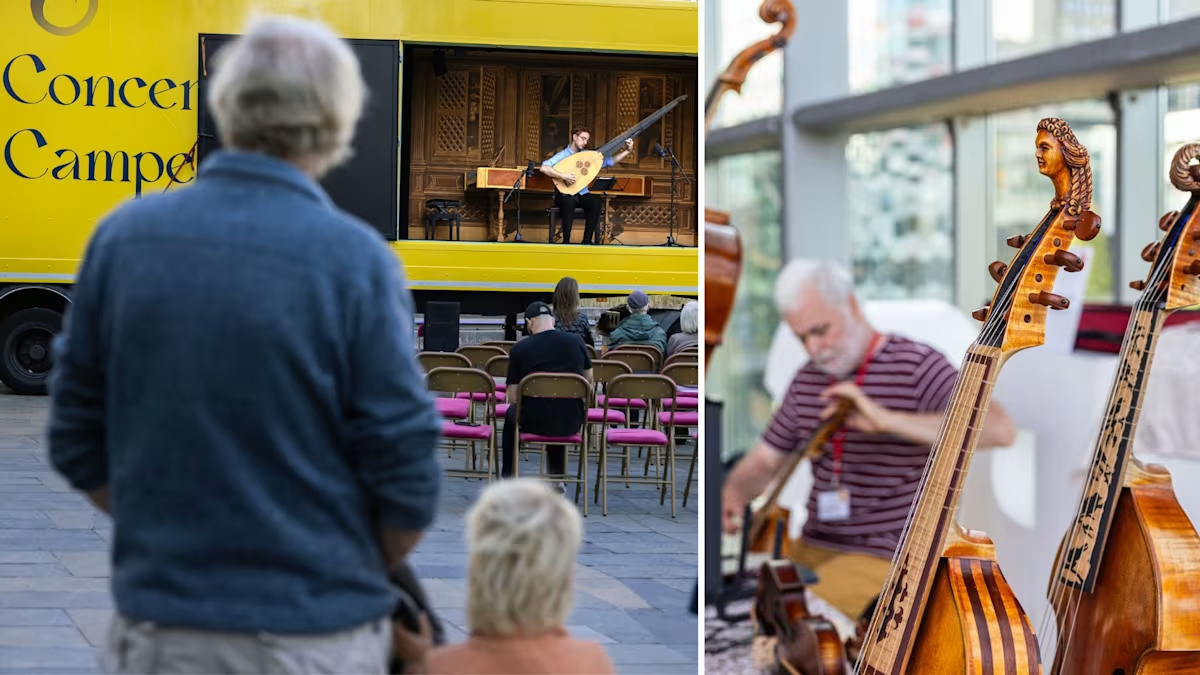
Or you may, as you grab a sandwich on your way from one concert to another, want to decipher from the city hubbub the late-afternoon recitals of baroque music on the carillon, clinking from on high in the Domkerk’s soaring tower. Phew! At least subscription channel EMT (Early Music Television) is on hand at some concerts to help you catch up on what you’ve missed.
Relive highlights of the 2025 Festival Oude Muziek Utrecht – concert recordings now available to purchase from EMTV
Three days is a small plate from this rich feast, but I must say I left well sated. The festival’s theme this year – ‘Museumkunst?’ (literally ‘Museum Art?’) was a teasing invitation to ponder how contexts for music-making have changed over the centuries, and how we have altered the ways in which we receive the music in order (as Festival Director Xavier Vandamme puts it) to ‘keep heritage alive for people today.’ It poses questions such as what happens to sacred music when we perform it in a concert hall? Who ever listened to a whole recital of harpsichord music? How much license can a performer have to add or subtract from a written piece of music? Was ‘complete works’ a thing that anyone cared about?
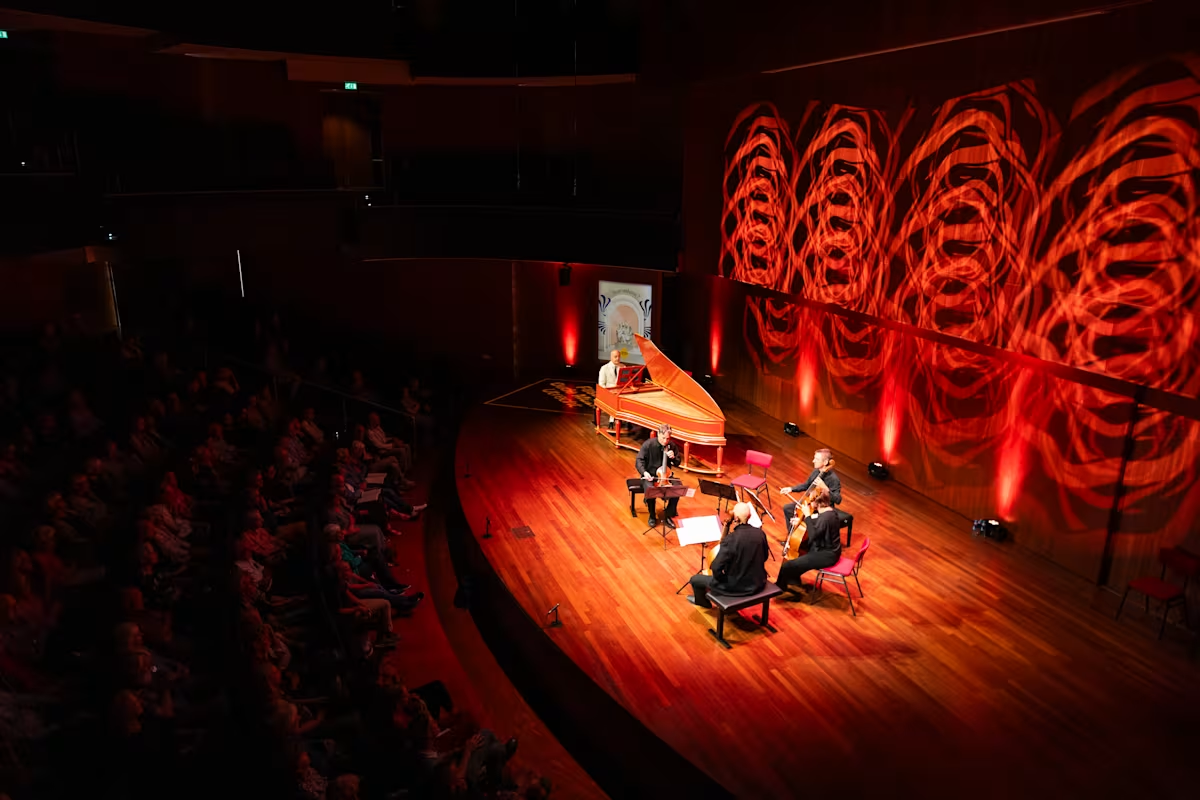
There was, for instance, the classic ‘completism’ of a four-concert hoovering-up of the 48 Preludes and Fugues of JS Bach’s Well-Tempered Clavier, though in alternation between harpsichordist Francesco Cera and viol consort Phantasm. Or two afternoon concerts in the Jacobikerk presenting the choral motets of the manuscript (known as the ‘Altbachisches Archiv’) that Bach maintained of works by his uncles and older cousins, pieces whose influence on Sebastian’s early church music are there to hear, yet whose own aching beauty spoke with rich eloquence in the perfect intonation, precision ensemble and deep expressivity of the award-winning Belgian vocal group Vox Luminis directed by Lionel Meunier.

Most spectacularly, threaded through the last third of the festival was French harpsichord genius Jean Rondeau performing every note of Louis Couperin (uncle of the better-known François) in seven concerts – four on harpsichord, two on organ, and one for viols (performed by the luscious Ricercar Consort, with Rondeau on harpsichord continuo). This was a concert reprise of a recently-completed 10-CD Couperin recording project for Warner Classics, due for release on 14 November.
Rondeau has said that for him there is something about Louis Couperin’s music that ‘transcends the harpsichord, and inspires in a way few others can’, and that ‘this type of complete holistic project would only be possible with his music’. Few would doubt his affinity with it after hearing these concerts, which in their focus and eloquence, realised through Rondeau’s superb skills in touch, ornamentation and naturally free keyboard expression, revealed not only the beautiful mind of this essential 17th-century composer, but also his own.

Other concerts sought imaginative ways to replace elements missing from the 21st-century performing context. Thus Ensemble Masques, in an otherwise rather low-key semi-staging of Rameau’s 1748 ballet, Pygmalion, tried to make up for the lack of proper stage business – and indeed for the theatrical sterility of Utrecht’s modern concert venue, the TivoliVredenburg – by having acrobat Jef Everaert dance with a 6-foot hoop to represent the eponymous sculptor’s newly animated statue learning dance steps from the Graces. In itself graceful and accomplished, it won him warm applause but cannot be said to have reached far into the drama.
Yet later in the evening, violinist Stéphanie Paulet and organist Elisabeth Geiger made light of that same auditorium’s scale in a recital of rarely heard 17th-century violin sonatas from a Viennese manuscript; spot-lit, they played from the ‘organ loft’ – in reality an audience walkway that passes the organ console, oddly positioned at one end of an instrument whose pipes lurk invisibly within a horizontal plain wooden case. It couldn’t have looked less baroque, but the violin-playing was clean, elegant and stylish, the organ (built in 2017 to baroque specifications) spoke with punch and definition, and the late-night audience – reclining among bean bags on the floor over which two hours earlier the hoop had been rolling – were drawn in.

Few of these sonatas, some of them anonymous, would have been known to their listeners, yet what a pleasure it was to meet them! Likewise Fanny Mendelssohn’s cycle of the months, Das Jahr, delivered with bold virtuosity on an 1840 Pleyel piano at Cloud Nine, the Vredenburg’s smallest auditorium, by Olga Pashchenko.
And that’s the beauty of a festival like this, where famous performers (other well-known names that I didn’t get to hear this year included Ensemble Correspondances, L’Arpeggiata, the Sollazzo Ensemble, Capriccio Stravagante and Pierre Hantaï) mingle with new faces (interesting encounters included not only Paulet and Geiger, but also Cappella Mariana doing lovely things in and around Pierre Sandrin’s chanson, Doulce memoire, and mezzo-soprano Adèle Charvet wowing and charming us in dramatic arias by Charpentier and Cavalli in her concert with Vincent Dumestre’s excellent ensemble, Le Poème Harmonique (I wish I could have seen her as Purcell’s Dido on the festival’s last evening). Meanwhile, a trusted friend gave me a glowing report of Italian group La Fonte Musica, directed by Michele Pasotti, whose three-concert residency included a concert performance of Monteverdi’s L’Orfeo.
The Utrecht Festival is an intense experience – with as many as five or six events possible on some days, it’s fast-paced, difficult to keep up with, hard at first to orientate yourself in. But if you give in to its air of late-summer well-being, the moments will still come when time stands still, and rich fruits drop.
Lindsay Kemp is a member of Continuo Foundation’s expert Advisory Panel. He was a producer at BBC Radio 3 for 30 years, and was the founder-director of the London Festival of Baroque Music and Baroque at the Edge. His interview with Jean Rondeau will appear in the November edition of Gramophone.
La Fonte Musica will perform Monteverdi’s ‘Il combattimento di Tancredi e Clorinda’ at the Brighton Early Music Festival on 25 Oct 2025. Jean Rondeau will be performing Louis Couperin at Wigmore Hall, London, on 28 Nov 2025.
Share this
Keep reading
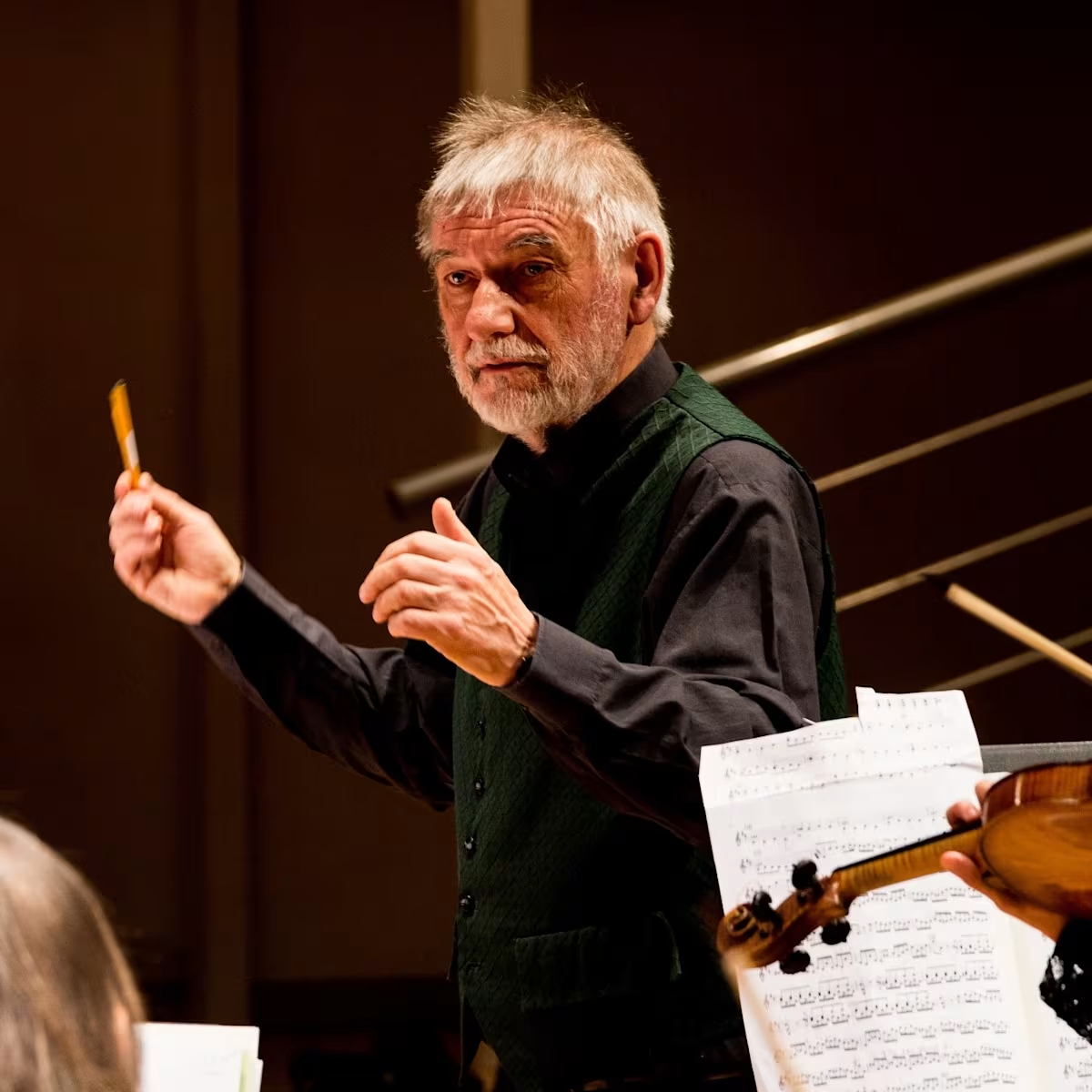
Peter Holman: Curiosity and the making of Early Music
Peter Holman reflects on a distinguished career – from his academic work on Purcell and early English music and his artistic work with Leeds Baroque.
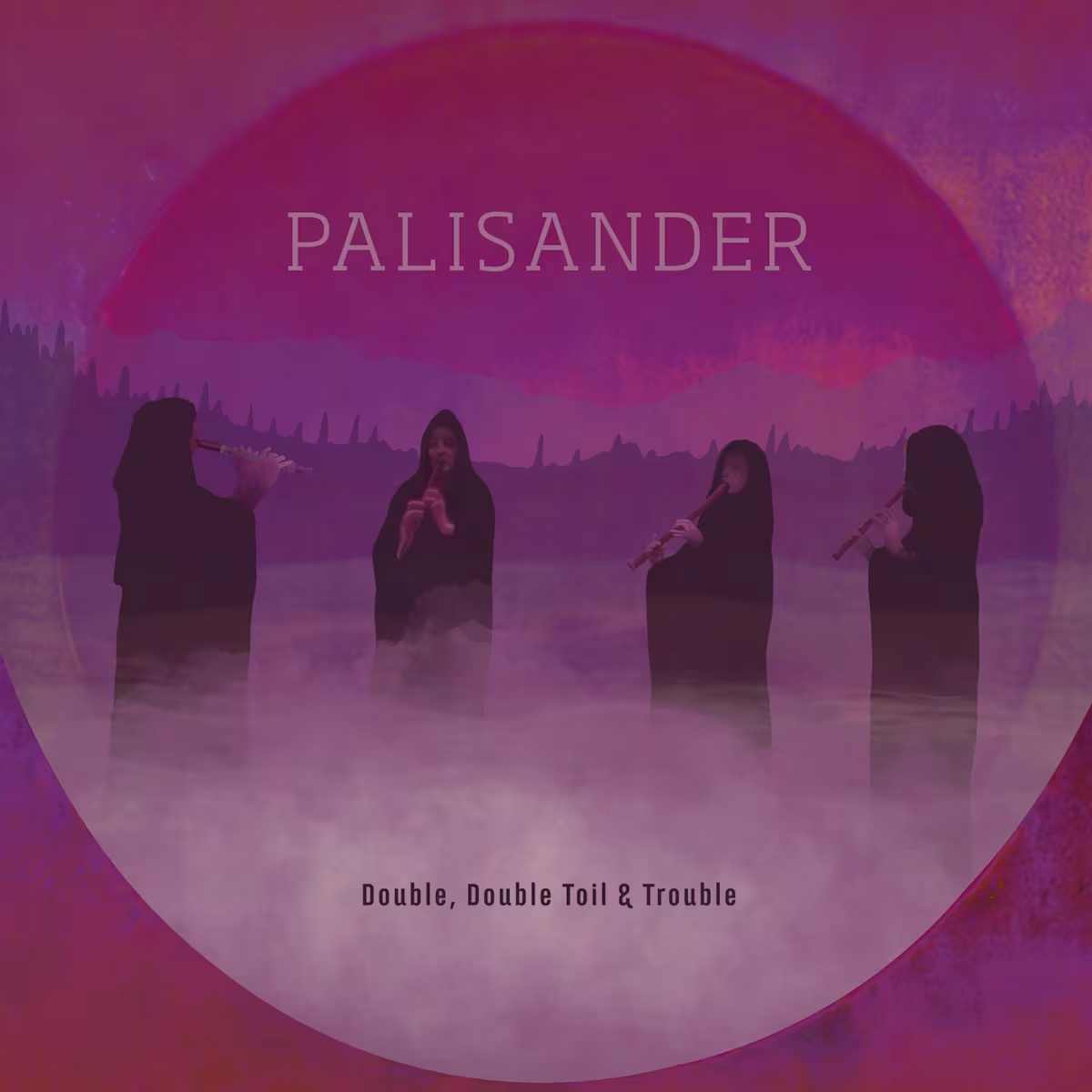
Double, Double Toil & Trouble | Palisander
Palisander’s new album, Double, Double Toil & Trouble, features repertoire spanning 900 years, inspired by the mystical and magical.
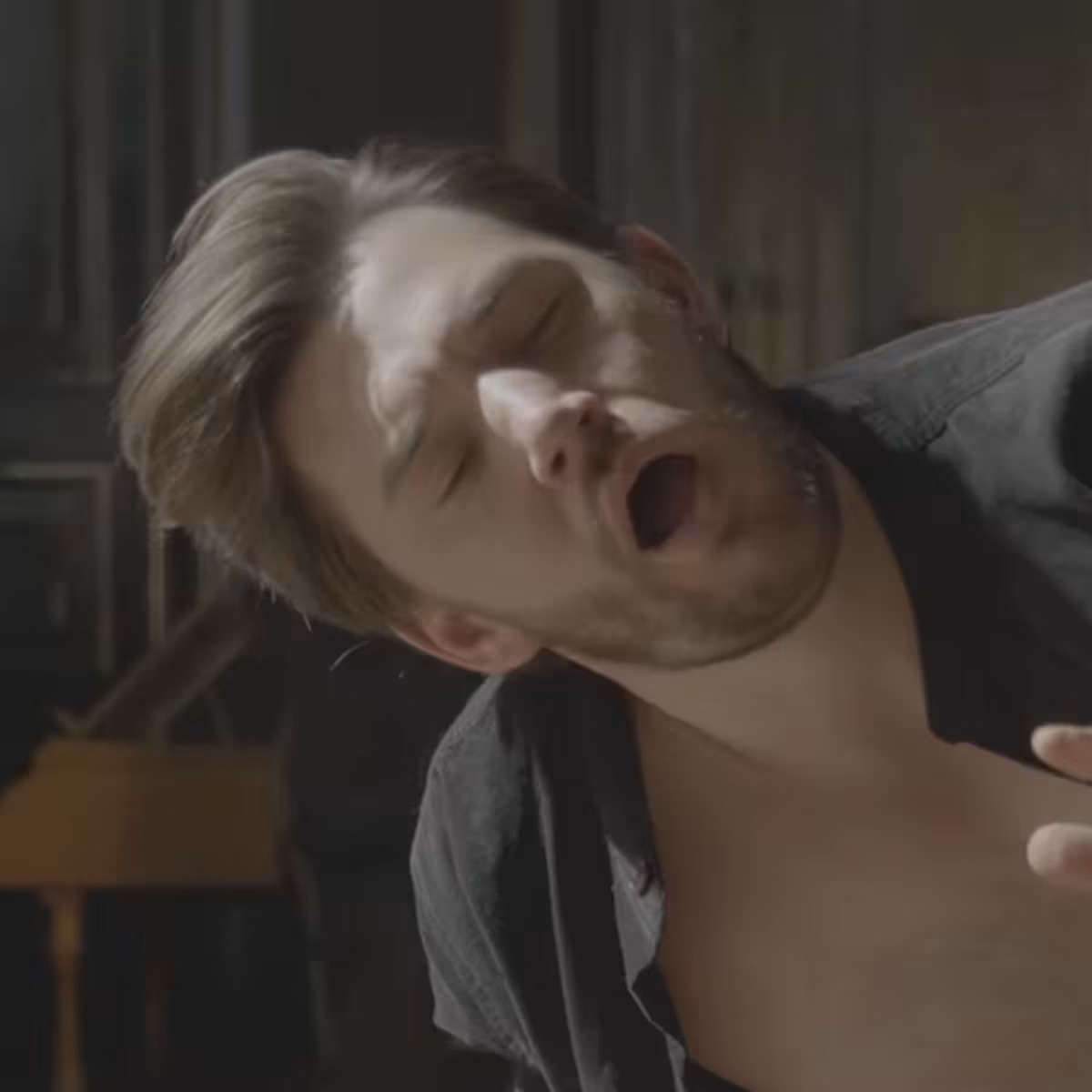
Bellot Ensemble | Cavalli: ‘Delizie, contenti’
Bellot Ensemble and tenor Kieran White perform ‘Delizie, contenti’ from Francesco Cavalli's 1649 opera, 'Il Giasone' on the album, ‘Cupid's Ground Bass.’


